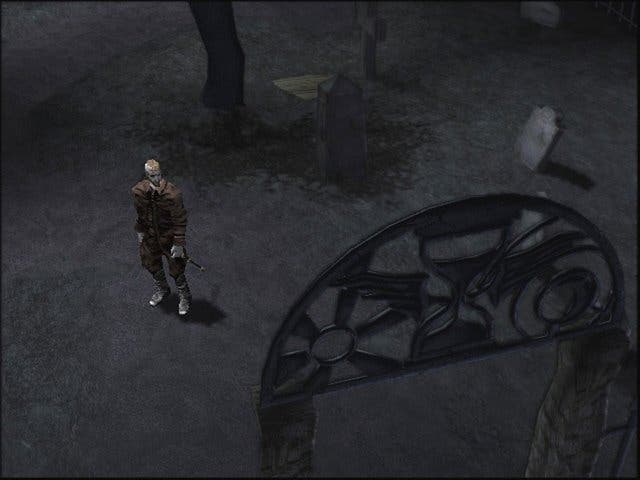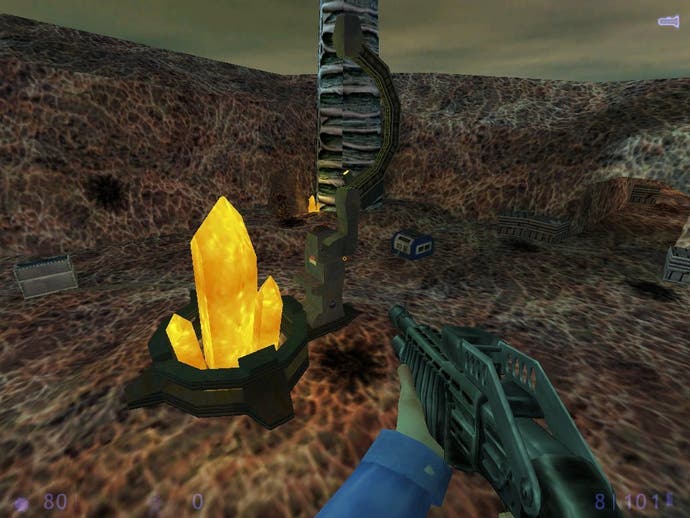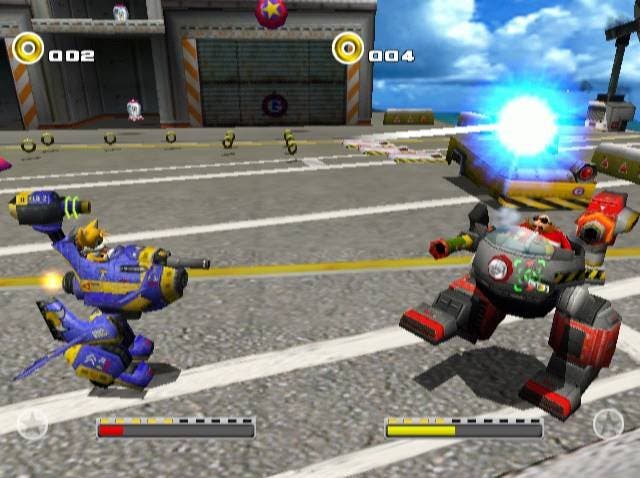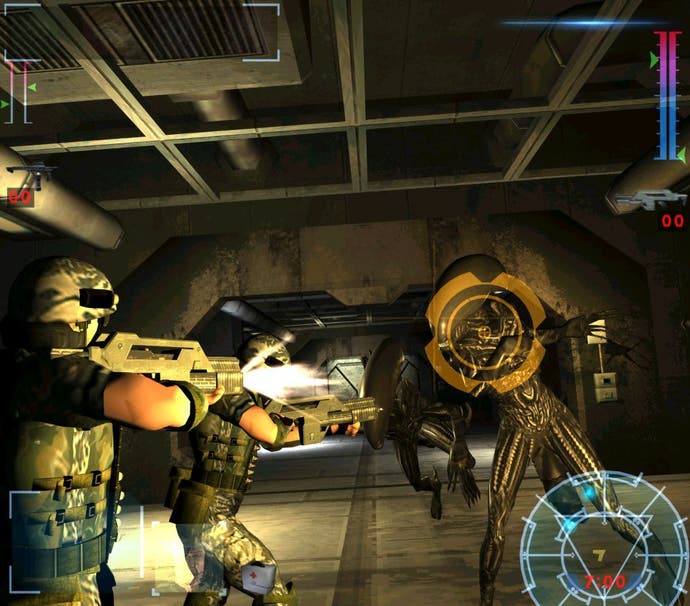What's wrong with a sequel?
Article - Mugwum's quest to find out why we care so much about the magic number 2
I don't know if you've glanced at our Release Dates page lately, but it looks like a financial report. New games are flooding on to the market, but once you strip out the cross-platform conversions, sequels and add-ons outnumber original titles by two to one.

Spot The Sequel
The journey into sequel territory is never a quiet one. Sequels are always bigger and more advanced, especially in the fast moving world of PC and console technology. There have been a couple of exceptions (like the Blair Witch 'series' of games which were developed concurrently) but generally speaking the rule stands.
Despite their often glowing credentials though, sequels get a bad rap from most quarters. Whenever Game X gets a good review, those tiny niggles the reviewer has are often linked to the "inevitable sequel", and when a sequel is finally announced, people still moan and groan about the industry's lack of originality and how it's hurting us. My question is: what's wrong with a sequel?
In the world of movie making, a sequel is always the same, but different. There's something unique to link the two films, be it location (Blair Witch), adversary (Predator, Aliens) or characters. In the world of gaming though, and particularly PC gaming, this isn't always true. A good example is the Quake series - three completely unrelated games in terms of content, linked by genre and technology, not trait. Sure, items like the rocket launcher and railgun have migrated along the way, but that's about as far as it goes. So why are they Quake, Quake 2 and Quake 3? Because they play the same. Did anybody who battled in QuakeWorld until 2am every night for a year have to pick anything up before they could fight their way through Quake 2? Of course not, they are ostensibly the same, with identical control systems and similar graphical styles.

Stop Griping
The bottom line is that people aren't grumbling about the content of sequels, because we've identified that they're generally different from the original anyway. Their gripe is with the lack of new concepts and out-and-out originality. Supplying another first person shooter is one thing, but what's actually new about it?
These days, a sequel can be characterized as a game in the same mould. Like the Quake series, the games aren't necessarily alike, but they will feel the same and demand the same reactions and grit. This is what people object to. The problem is, how do we overcome this? I played some tremendously original games last year, like Evolva and Flying Heroes. They had elements of games I recognized, but they demanded that I learn new techniques and do new things. More recently, games like Startopia have tried to innovate, and projects like Black & White have come and gone. Unfortunately, from the perspective of someone who plays a lot of games, things look quite bleak in some areas. For all the whinging and complaining, the vast majority of gamers don't actually buy that many original PC titles. They look for familiarity and they treasure it. For an original game to be successful on the PC, it needs pre-release hype. Not Daikatana-style hype, but carefully nurtured excitement - tantalising screenshots and short snippets of action, demo versions, promotional materials like Winamp skins and other doohickeys. Black & White did this really well - people bought the game in droves, even if ultimately a lot of them didn't like it.

The Dark Side
For console systems, this situation isn't as clear cut. Original titles do sell, and sell ten times as many units as they do on the PC. The reason for this discrepancy between formats is that console gamers are more magazine-driven than their PC counterparts, and for a publisher to promote an original concept all it needs to do is pay a resident magazine to carry a demo version.
Console demos hold a lot more weight than their PC brethren, chiefly because there are so few of them that gamers play them all. Another reason for their success is the lack of easy access to pirated versions. Copied PC games spread like wildfire, and many people will play those when they might have otherwise been pressed for a purchasing decision. This is why PC publishers stick to PC-like games - first person shooters, third person adventure games, real time strategy titles, sports simulations. These games will sell, because they are recognizable and, for the most part, people have no reason to quibble over a new game in a series they enjoy.
At the end of the day, console sequels are sequels in a more literal sense of the word. Donkey Kong Country 2 was bigger, louder and more advanced than its predecessor while retaining virtually every element of it. Sonic Adventure 2 took Sonic by the scruff of the neck, ironed out some problems and gave us more of the same.

Conclusion
Most of the vocal anti-sequelists are PC correspondents, angered by the lack of new and exciting games to get their blood boiling. Perhaps the problem is that they aren't looking hard enough, or they aren't coming up with the right solutions. It's not a lack of creativity. Ironically, as far as the publishers are concerned, it's a lack of demand. To get original games back on the PC the way they used to be, people will have to start buying them, and for people to start buying conceptual games like Startopia the industry needs to plug holes in piracy and work out how Internet publicity should be directed. At the moment these are the areas publishers need cajoling in, not the type of packaging to use or the kind of projects to green light. If you wonder why Operation Flashpoint and other Codemasters PC games sell so well these days, look no further than their "will it or won't it" anti-piracy measure, Fade. Regular pirates who wanted to play Flashpoint went out and bought it - why? Because they were concerned that their experience would be marred by anti-piracy code that "spoilt" the game for them. People joked at the time, but actually it's fairly inspired, and in my opinion, a step in the right direction. So what's wrong with a sequel? Nothing, stop blaming them for the woes of the world.

